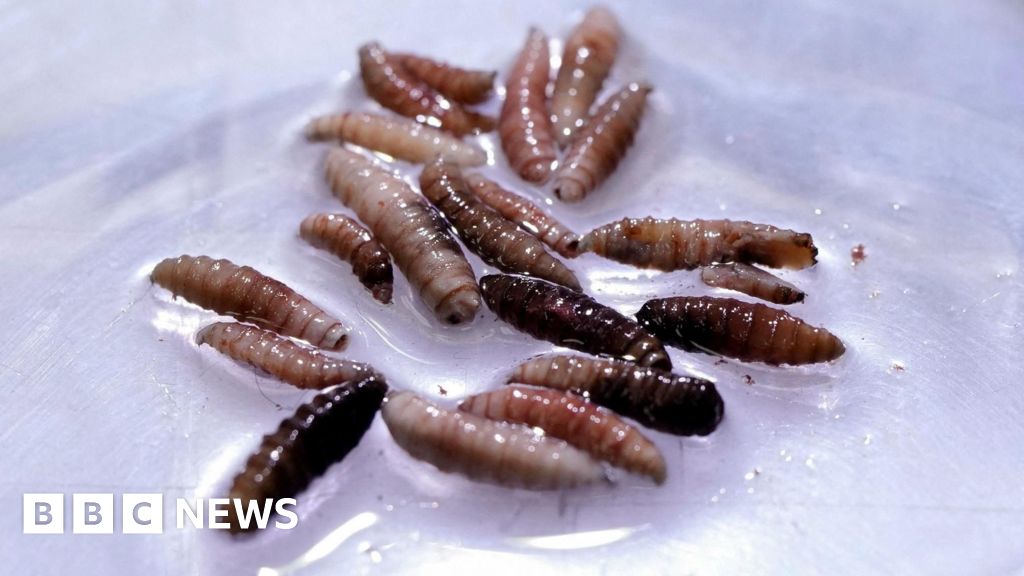The first human case of a flesh-eating parasite infestation has been confirmed in the U.S., authorities say.
New World screwworm (NWS) myiasis was found in a patient who returned to the U.S. from El Salvador, the Department of Health and Human Services said on Monday. The case was confirmed on 4 August.
NWS myiasis is a parasitic infestation caused by the larvae of screwworm flies, which primarily affect livestock.
Despite the confirmed case, health authorities have stated that the current risk to U.S. public health remains very low.
The Centers for Disease Control and Prevention (CDC) has been collaborating with Maryland's health department to investigate the case.
HHS spokesperson Andrew Nixon noted this is the first documented case of travel-associated NWS myiasis from a country experiencing an outbreak.
The screwworm, which feeds on live tissue, is generally found in South America and the Caribbean.
Despite ongoing efforts to curb its spread, NWS cases have now been reported in Central America, including Mexico.
The CDC warns that individuals, especially those with open wounds, are more vulnerable to infestation if they travel to affected areas or come into contact with livestock in rural regions.
The USDA's Animal and Plant Health Inspection Service, alongside other agricultural agencies, is responding to the outbreak. They stress, When NWS fly larvae (maggots) burrow into a living animal's flesh, they cause significant and often deadly damage. The USDA has highlighted that NWS can infest various species, including livestock, pets, wildlife, and, in rare cases, humans.
An outbreak in livestock could severely impact the economy, posing a threat to over $100 billion in economic activity tied to the cattle and livestock sector, according to recent USDA assessments.



















